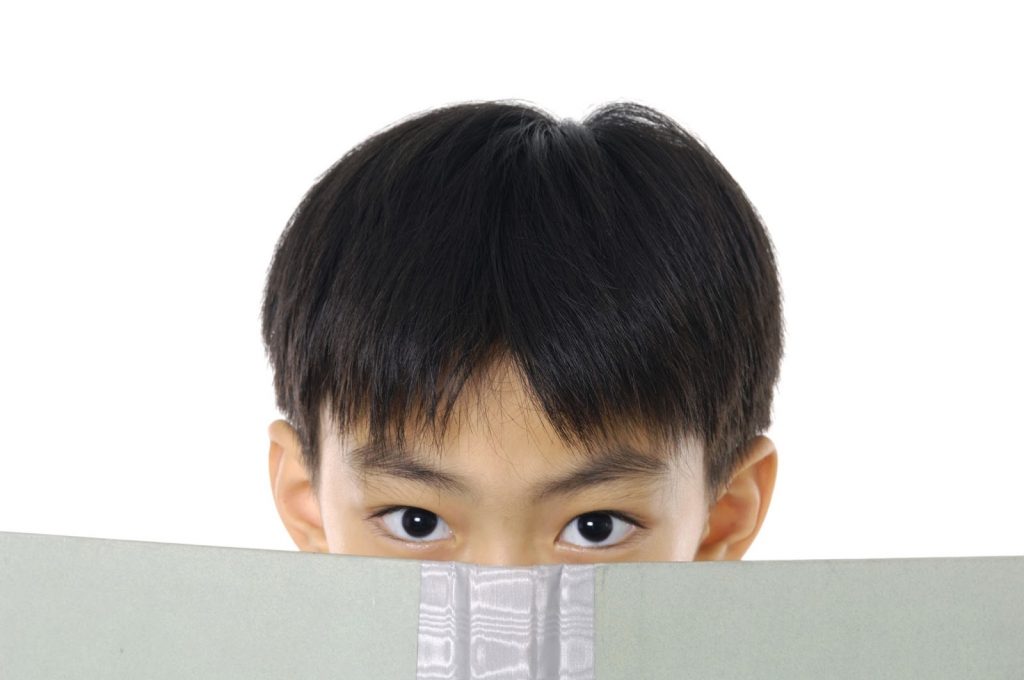Language Skills Can Impact Social Skills
 When children (and adults!) have persistent difficulty making social connections, or find social situations very difficult, there are many possible factors that might be causally-linked. Thankfully, we now have an increased awareness of this problem and more referrals are being made to try to give children a valuable toolbox, so they can be happy and successful as members of society.
When children (and adults!) have persistent difficulty making social connections, or find social situations very difficult, there are many possible factors that might be causally-linked. Thankfully, we now have an increased awareness of this problem and more referrals are being made to try to give children a valuable toolbox, so they can be happy and successful as members of society.Parents or early teachers are the ones to notice when a child is struggling toeffectively engage with his or her peers, and referrals can be made.
Professionals look at joint-attention–the ability/desire to focus on an object or action with another person. We look at mental health, like depression and anxiety. We want to ensure all of the senses and sensory perception systems are intact–there are no hearing or vision problems or that the person does not “mis-perceive” sensory input. Gross and fine motor are also something we look at that might prevent a student from meeting with success and/or “fitting in” with his or her peer group. If these types of issues are of concern, appropriate referrals are made to a psychologist, social-worker, psychiatrist, physical therapist and/or occupational therapist. Whether or not there are “foundational” problems, such as autism-spectrum disorders, ADHD, learning disabilities, anxiety, depression or sensory issues, deficits in a variety of language skills can play a significant role in communication breakdown. Therefore, speech-language pathologists (SLPs) may help provide valuable insight into, and intervention for, students who struggle conversing and interacting with others.
SLPs can assess a wide variety of communication skills, such as identifying if students have trouble with:
-
discriminating sounds in the speech stream (which makes listening tedious and frustrating)
-
articulating clearly (might cause embarrassment or avoidance)
-
understanding and using vocabulary (student may avoid situations to avoid feeling “dumb”)
-
processing language in a variety of situations (being the “odd-one-out” when the teacher or peers talk too quickly)
-
working memory (ineffective at holding onto components of directions or following conversations)
-
formulating thoughts succinctly (peers can get impatient, students can get frustrated or avoid talking)
-
understanding figurative language (taking jokes, sarcasm, idioms, metaphors etc. literally can lead to peer impatience and frustration–or perceived peer-rejection).
-
difficulty with higher-order thinking such as inference and prediction skills
-
difficulty forming a “gestalt” from details or
-
difficulty extracting key details from a whole can cause problems in the classroom as well as problems during conversation and interaction with peers and adults.
The good news is that these skills can all be addressed if they are specifically identified. It is not unusual for students who struggle with social conversation to lack an understanding of what the other person expects them to say, or how to expand verbally in a conversation. Many students are unsure how to interpret–and are unaware of their own–facial expressions and body language. Many students lack vocabulary to express a variety of emotions. You need the right team of professionals identify and provide tools, strategies and techniques to students with social-skills issues. When students take ownership and work toward goals and parents stay involved, helping their child carry-over strategies, progress can be amazing!

